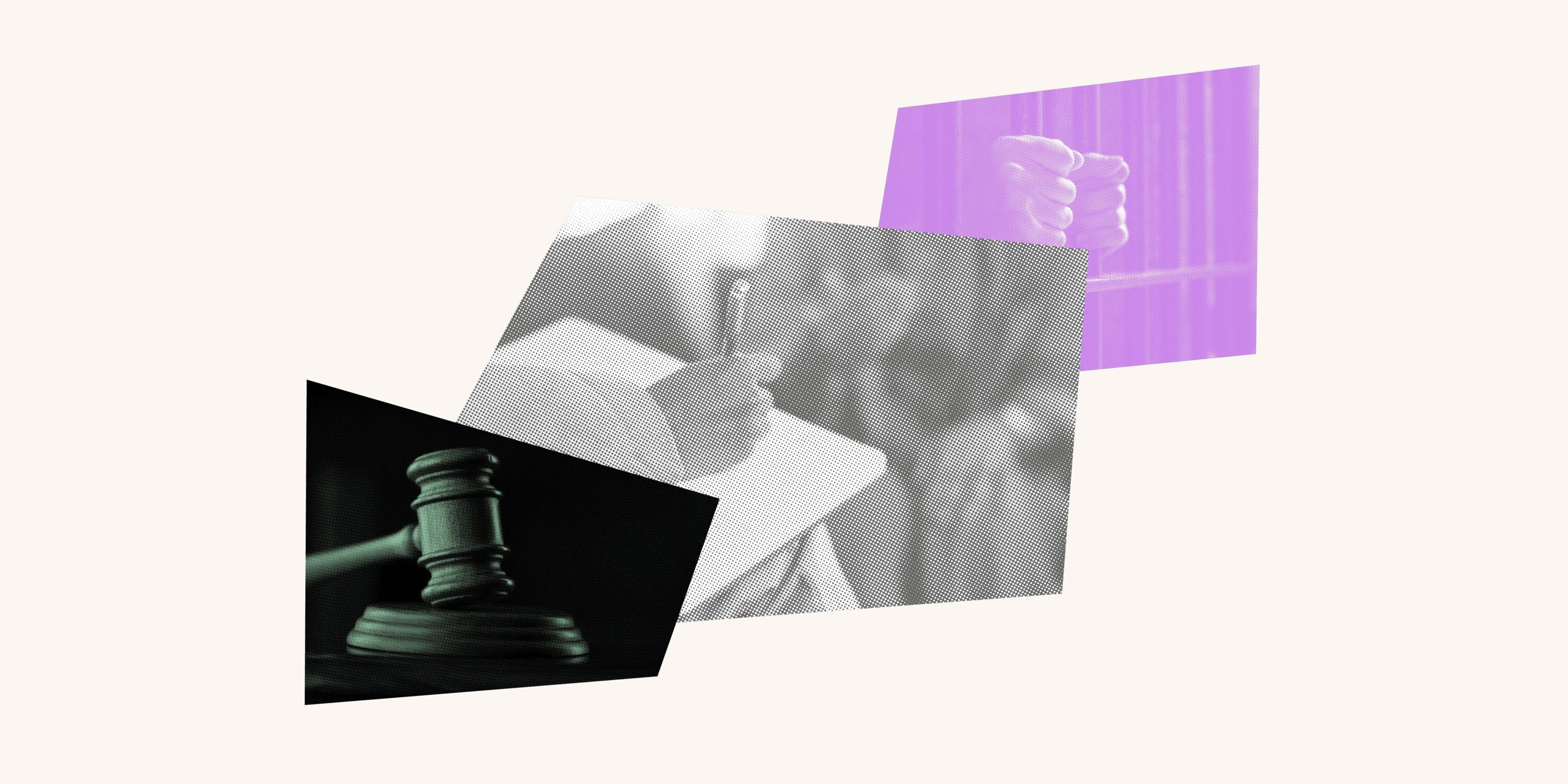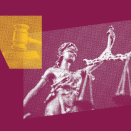Sentencing Reform
We must reduce both the number of people entering jails and prisons and the extreme laws and policies that drive extraordinary long prison terms.

The Latest
Explore More
What We're Focused On
-

Alternatives to Incarceration
The ACLU works in courts, legislatures, and communities to defend and preserve the individual rights and liberties that the Constitution and the laws of the United States guarantee everyone in this country.
-

Debtors' Prisons
The ACLU and its affiliates have been exposing and challenging modern-day debtors’ prisons, urging governments and courts to pursue more rational and equitable approaches to criminal legal system debt.
-

The War on Drugs
The ACLU works in courts, legislatures, and communities to defend and preserve the individual rights and liberties that the Constitution and the laws of the United States guarantee everyone in this country.
What's at Stake
The United States has the highest incarceration rate in the world. In 2019, approximately 2.1 million people were in adult correctional jails and prisons around the United States. Many thousands of people, disproportionately people of color, are cycled in and out of state jails or prisons every day. Extreme sentencing laws and practices are keeping people in prisons for far longer than ever before. The result is that more people are spending more of their lives in prison than at any point in U.S. history.
How did we get here? Decades of “tough on crime” policies have left this country with criminal legal systems riddled with mandatory minimum sentences, “three strikes”-style enhancements, and restrictions on release that keep people in prison for decades, if not the rest of their lives.
What sort of punishment does selling $100 worth of meth warrant? Stealing a wallet from a hotel room? In some cases, even crimes like these have resulted in sentences of life without parole. More than 200,000 people are now serving a life sentence or other extreme sentences. Thousands of young people are sentenced to life in prison with little or no chance of ever being released.
These sentences are not effective deterrents and they destroy a person’s chance at rehabilitation, reunification with family, and reintegration into society. With convictions disproportionately affecting poor people and people of color, these sentences are also exacerbating extreme racial disparities in the criminal legal system and tearing vulnerable communities apart.
The ACLU Campaign for Smart Justice is working to change the unjust sentencing laws and policies that define this system and has had many victories throughout the years. Since 2016, we’ve seen wins in states across the political spectrum including Delaware, Oklahoma, Louisiana, Massachusetts, Mississippi, and Utah focused on eliminating mandatory minimums, raising the felony thresholds on some offenses, and reducing sentencing enhancements for repeat offenses. These victories have led to tens of thousands of fewer people incarcerated. Our work continues on multiple fronts in all of these states and more where we will see continued movement in the years to come
The United States has the highest incarceration rate in the world. In 2019, approximately 2.1 million people were in adult correctional jails and prisons around the United States. Many thousands of people, disproportionately people of color, are cycled in and out of state jails or prisons every day. Extreme sentencing laws and practices are keeping people in prisons for far longer than ever before. The result is that more people are spending more of their lives in prison than at any point in U.S. history.
How did we get here? Decades of “tough on crime” policies have left this country with criminal legal systems riddled with mandatory minimum sentences, “three strikes”-style enhancements, and restrictions on release that keep people in prison for decades, if not the rest of their lives.
What sort of punishment does selling $100 worth of meth warrant? Stealing a wallet from a hotel room? In some cases, even crimes like these have resulted in sentences of life without parole. More than 200,000 people are now serving a life sentence or other extreme sentences. Thousands of young people are sentenced to life in prison with little or no chance of ever being released.
These sentences are not effective deterrents and they destroy a person’s chance at rehabilitation, reunification with family, and reintegration into society. With convictions disproportionately affecting poor people and people of color, these sentences are also exacerbating extreme racial disparities in the criminal legal system and tearing vulnerable communities apart.
The ACLU Campaign for Smart Justice is working to change the unjust sentencing laws and policies that define this system and has had many victories throughout the years. Since 2016, we’ve seen wins in states across the political spectrum including Delaware, Oklahoma, Louisiana, Massachusetts, Mississippi, and Utah focused on eliminating mandatory minimums, raising the felony thresholds on some offenses, and reducing sentencing enhancements for repeat offenses. These victories have led to tens of thousands of fewer people incarcerated. Our work continues on multiple fronts in all of these states and more where we will see continued movement in the years to come



